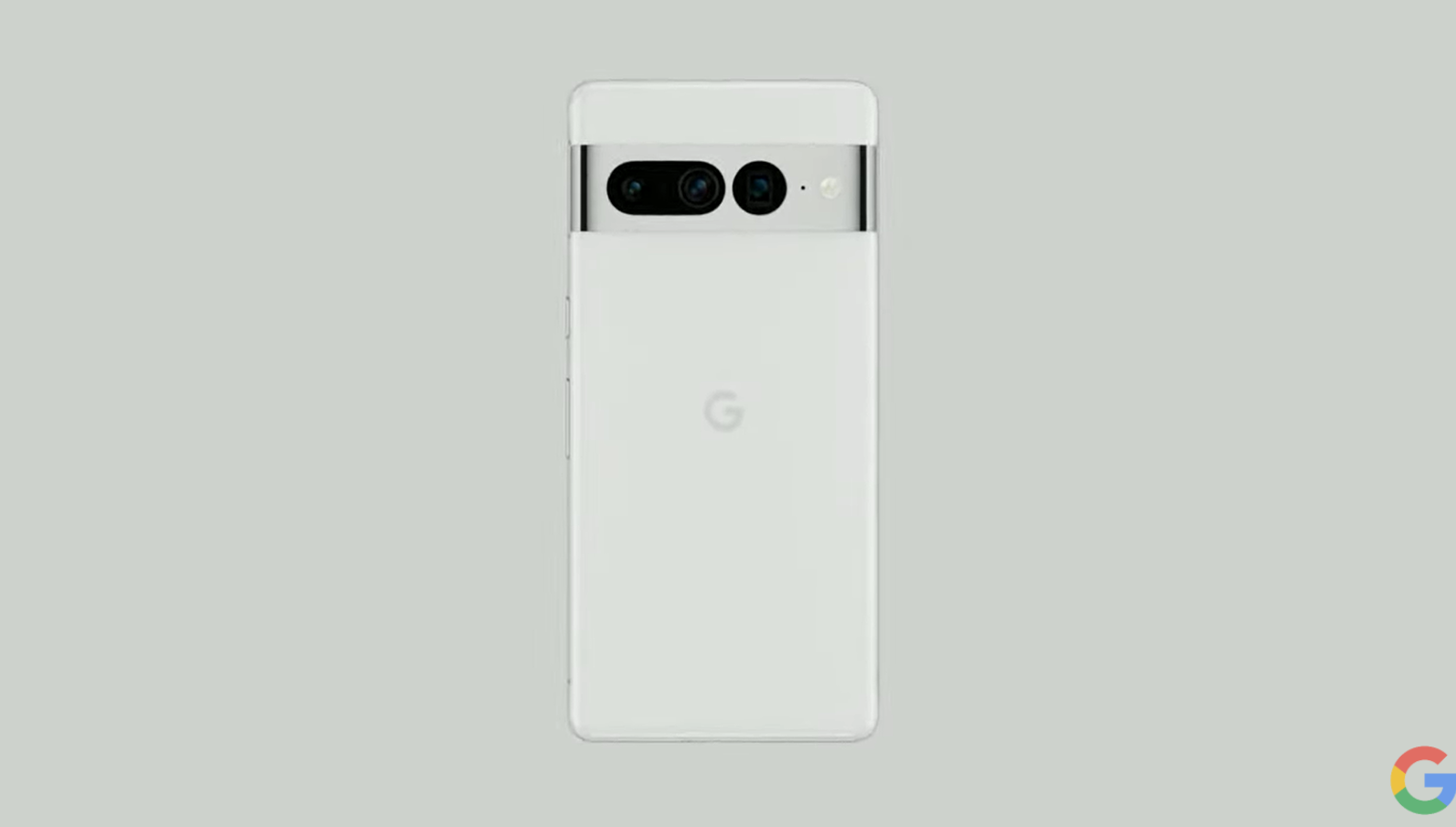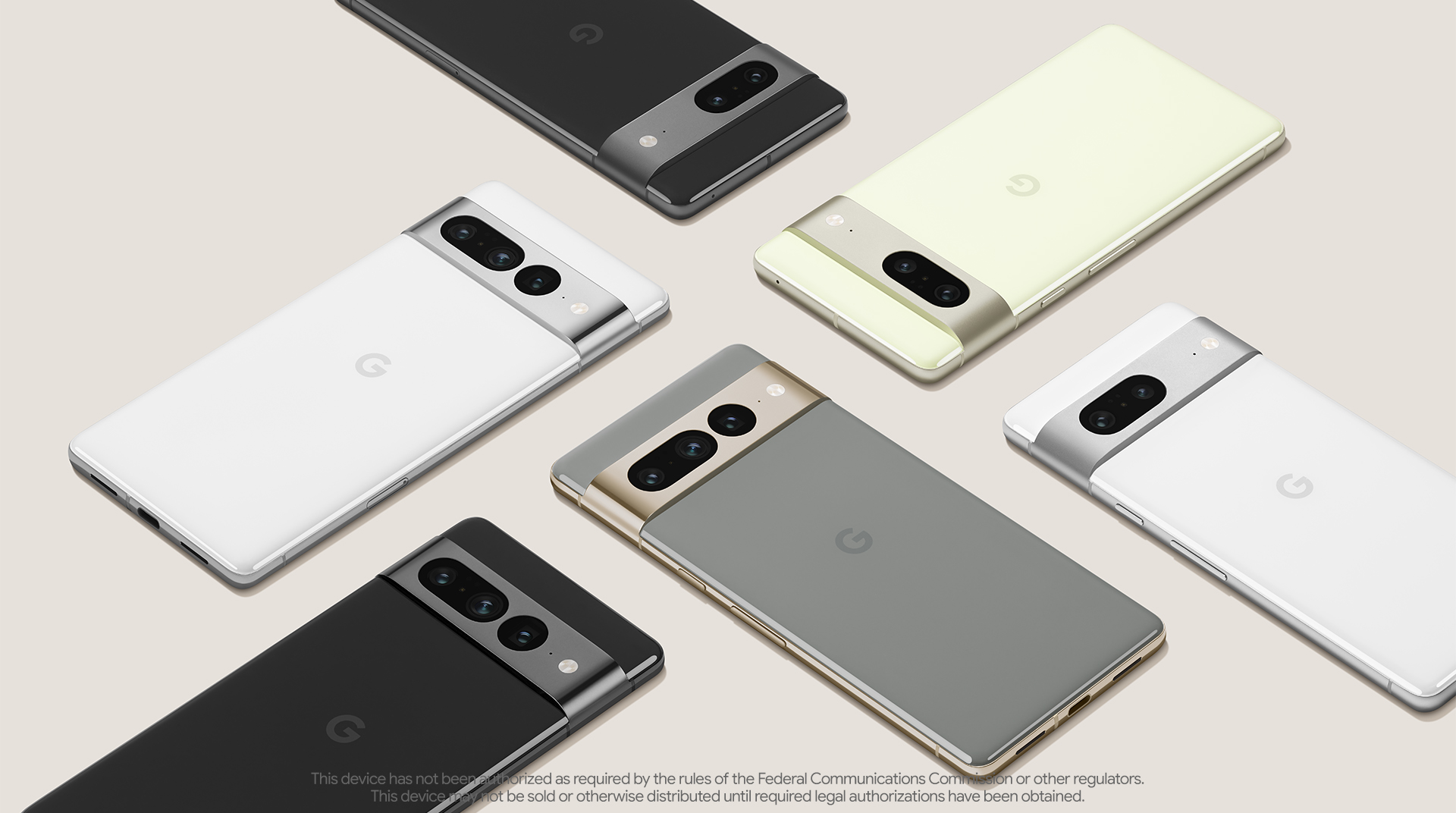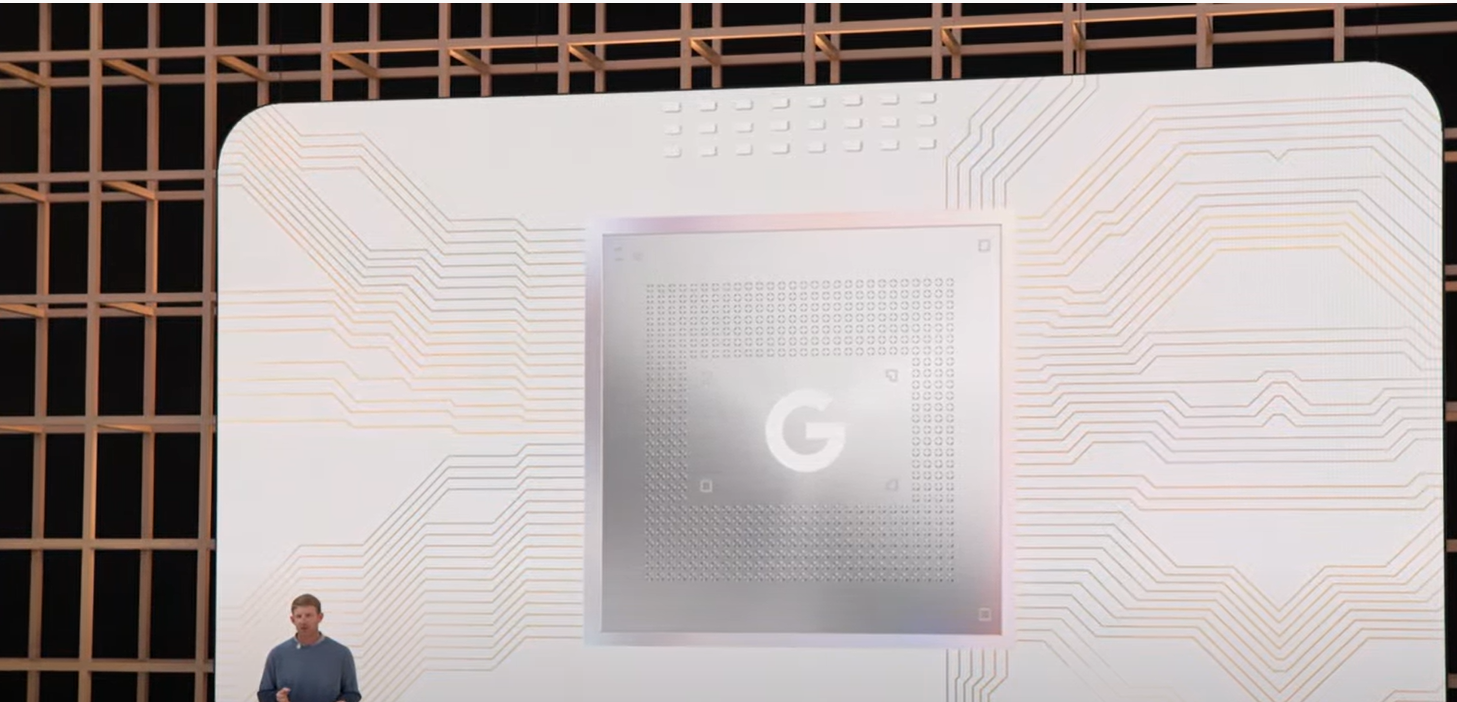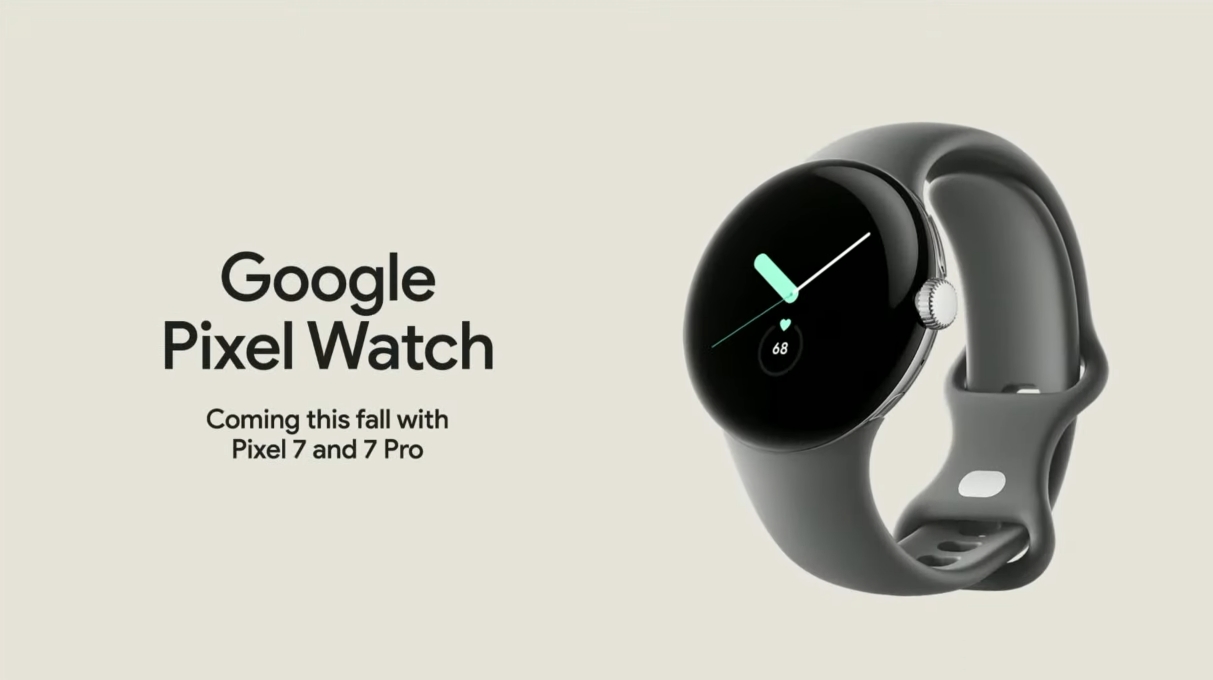7 important things we just learned about the Google Pixel 7

Well, color us surprised: the Google Pixel 7 is official. Sort-of. At Google IO 2022, the company gave us a prolonged look at the upcoming Android phone, and now we know lots about it.
We weren't expecting this at all, because the expected launch window for Google's next main-series phone is around October 2022. We also saw the Google Pixel 6a, which is what we actually were expecting.
Even though the Pixel 7 launch is still months away, we now know quite a bit about the phone - so here are some of the biggest facts we just learnt.
There are still two members of the family
Like with the Google Pixel 6 range, there is going to be a Pixel 7 and Pixel 7 Pro.
Clearly the double-phone approach from last year worked - and this also suggests that the XL name, which Google used for a few years for its 'Pro-like' phones, is gone.
The picture you see at the top of this article is the Pixel 7 Pro.
We know what they look like

We know there are two Pixel 7 phones because Google showed us both of them.
Sign up for breaking news, reviews, opinion, top tech deals, and more.
The handsets don't look too different to their Pixel 6 predecessors, with the big camera bar remaining the eye-catching design feature.
According to Google, a change now is that is camera bump is now the same continuous piece as the frame - these are made of recycled aluminum.
We also know about the colors: both the phones come in white and black, while there's a yellow Pixel 7 and a green Pixel 7 Pro.
We know how many cameras they'll have
There are no changes on the camera count from the Pixel 6 series: expect two in the Pixel 7 and three in the Pixel 7 Pro.
The layout of these on the back has been re-arranged a bit, and we could see newer sensors at play, but the number themselves is the same. We can also tell that the Pixel 7 Pro will use a telephoto, not periscope, zoom lens.
They'll use a new Google chipset
While the Pixel 6 series used Google's Tensor chipset, the next phones will get the second-gen version of this home-made chipset.
We don't know what changes the new version will bring, but it'll hopefully be a tiny bit faster than the original one in the Pixel 7 phones. It could support some cool new AI camera modes too.

They'll run Android 13
Something we really could have guessed, the Google Pixel 7 phones will come with Android 13.
In fact, these will likely be the first phones to come with the software built-in, based on precedent. Google didn't say as much, but it's what's happened most years so far.
They're getting a whole tease cycle
Something that Google did new for the Pixel 6 series, is that it starting teasing the phones really early, so we knew quite a bit about them by the time they properly launched.
Apparently that's happening this year too, as the Google IO announcement no doubt made clear. But more: Google is opening a new hardware store in New York in mid-2022, and apparently the upcoming handsets will be available to view there.
So Google is seemingly planning a whole tease cycle for these next devices.

They'll come alongside the Pixel Watch
The Google Pixel Watch was also shown off at Google IO, and we got a little more information on it than we did the Pixel 7. It'll have some Fitbit modes, as well as an NFC chip.
Apparently, this smartwatch will have a proper launch when the Pixel 7 does, and we'll likely see some great pre-order bundles that combine the new phone and watch too.

Tom Bedford joined TechRadar in early 2019 as a staff writer, and left the team as deputy phones editor in late 2022 to work for entertainment site (and TR sister-site) What To Watch. He continues to contribute on a freelance basis for several sections including phones, audio and fitness.